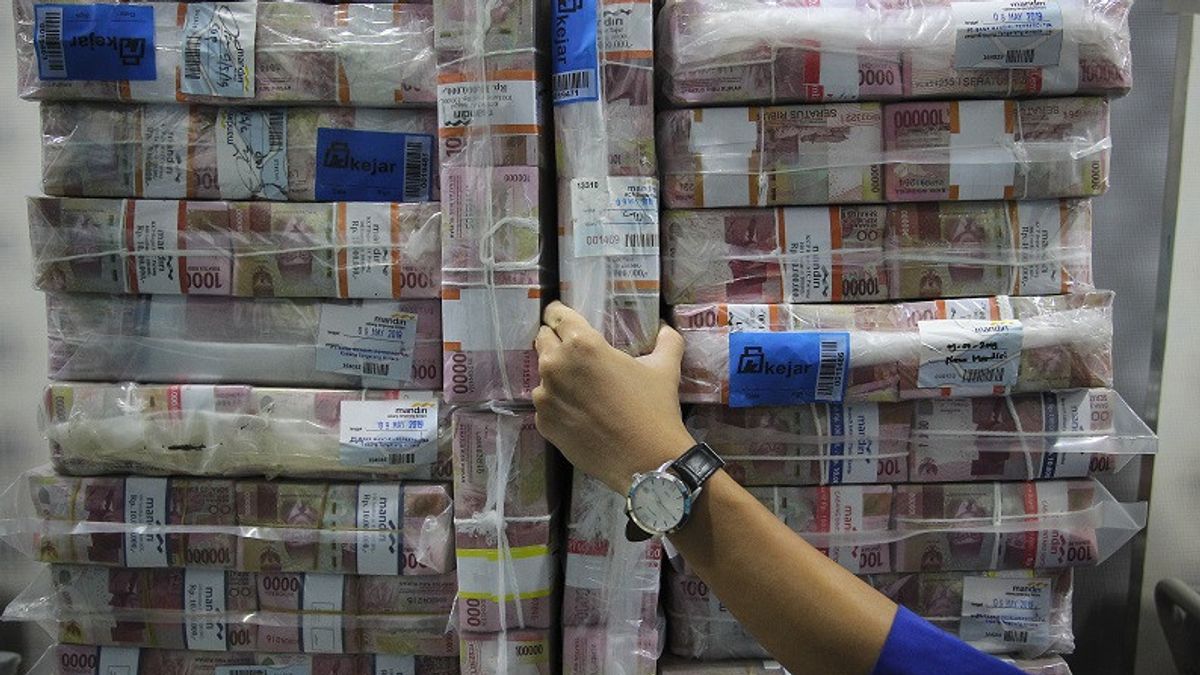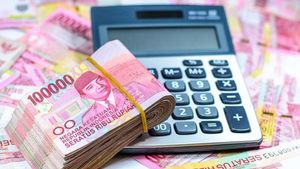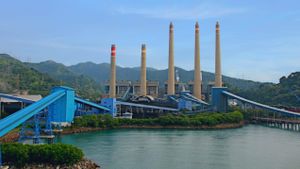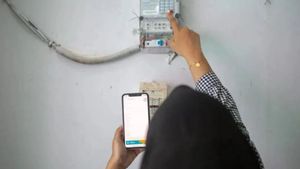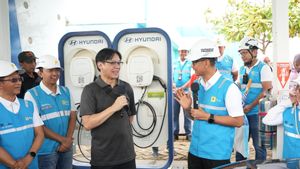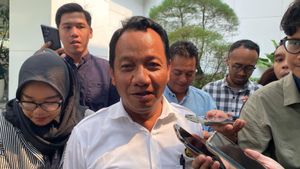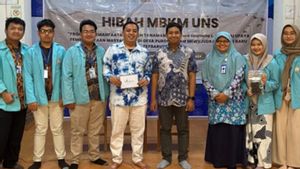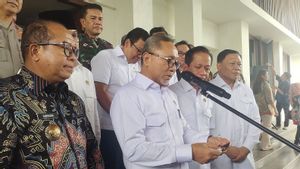JAKARTA - Executive Director of the Institute for Development of Economics and Finance (Indef) Tauhid Ahmad assesses that the government is inconsistent in presenting healthy tax collection rules for the community. According to him, there are at least two schemes that are considered to conflict with each other.
"The imposition of a progressive tax (income tax/personal income tax) according to its level which collects up to 35 percent for income above Rp5 billion is inconsistent with the tax amnesty," he said in a webinar on Wednesday, October 6.
According to Tauhid, the imposition of high tariffs for the super-rich was then accompanied by a tax amnesty rule, which is almost certainly only used by the rich.
This is because the tax amnesty aims to provide facilities for reducing or even eliminating taxes on a number of assets that are exempt from tax objects, such as being stored abroad.
"On the one hand, high taxes will be imposed, but on the other hand, the government will impose a tax amnesty, this seems to cancel each other out," he said.
To note, in the Tax Regulation Harmonization Bill (HPP), which was previously called General Provisions and Tax Procedures (KUP), the government increased the amount of personal income tax (OP) levy into five categories.
First, a 5 percent tax for those who earn Rp60 million per year. Second, a 15 percent tax for income of Rp60 to Rp250 million.
Third, a tax of 25 percent for income of Rp250 million to 500 million. Fourth, 30 percent PPh levies for people with an income of Rp500 million to Rp5 billion.
SEE ALSO:
And the fifth is a 35 percent tax for people who have income above Rp5 billion in one year.
"I am afraid that what is being done will be counterproductive to the government's efforts to improve tax compliance, which in the end they (the rich) will just wait for the tax amnesty," he said.
For information, the steps taken by state officials to increase revenue from the tax sector are aimed at pursuing the target of the State Budget which is quite depressed due to the COVID-19 pandemic.
VOI noted that in the 2021 State Budget it is believed to experience a deficit of Rp1,006,4 trillion because the state expenditure side is larger at Rp2,750 trillion compared to revenues of around Rp1,743.6 trillion.
Moreover, in 2022 the tax sector will become the government's main focus in collecting state financial coffers because the PNBP (non-tax state revenue) sector is projected to experience 6.7 percent year-on-year pressure in line with the end of the commodity boom.
The English, Chinese, Japanese, Arabic, and French versions are automatically generated by the AI. So there may still be inaccuracies in translating, please always see Indonesian as our main language. (system supported by DigitalSiber.id)
